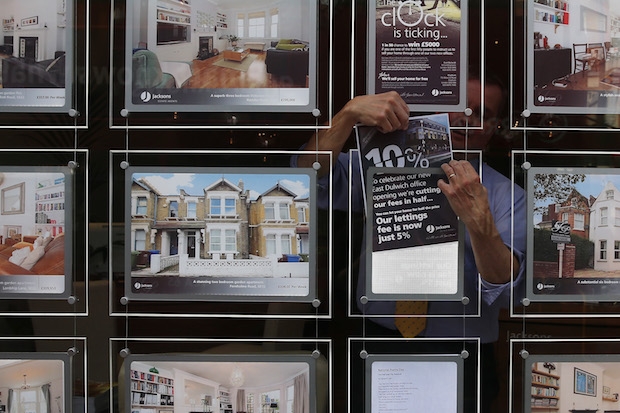Mark Carney’s speech to the Economics Club of New York yesterday made clear that very low interest rates now ‘put a premium on macroprudential policies’. Translation: he’s not going to hike interest rates soon, but he wants us to know that there are other levers he can pull to keep the UK economy on track. What are those levers?
First, Funding for Lending. Two weeks ago Mark Carney announced that the scheme – which offers banks cheap funding if they increase lending to the real economy – would no longer be available for mortgage lending. It will only be open for loans to companies. That’s a lot more than just technical tweaking: excluding mortgages was the Bank’s first move to tighten lending conditions for more than six years.
The return of very buoyant mortgage lending and rapidly rising house prices has not gone unnoticed on Threadneedle Street. Today’s house price survey from the Royal Institute of Chartered Surveyors will have rung even more alarm bells. Over the next three months, surveyors expect house prices to increase at their fastest pace in 14 years.
So lever number two is calling time on the Help to Buy scheme. Help to Buy is fuelling house price rises by subsidising the cost of mortgage debt. The scheme is not restricted to first-time buyers and the Government’s claim that the scheme is aimed at people unable to afford the deposit for an ordinary family home sits awkwardly with the upper price limit of £600,000. The average house price in the UK is £250,000. Only in a handful of London boroughs is the average price of a property more than £600,000.
When George Osborne first launched Help to Buy back in October he said that he wanted to work with the Bank of England every year to assess the ongoing suitability of Help to Buy. So we all thought that the first such assessment was due 12 months after this date – in September 2014.
But what’s this? In his letter to my Treasury Select Committee on 22 November Mark Carney said that whilst the Financial Policy Committee (FPC) does not have a ‘veto’ on the Help to Buy Scheme, the FPC could make recommendations on it at any time – the FPC is not constrained by any Government timetable in providing this advice. Indeed, he made this point twice in the letter – giving the appearance of snubbing his nose at the Chancellor’s desired year of grace for Help to Buy.
Today’s house price forecasts should redouble Mark Carney’s insistence that his hands need to be left free to recommend a calling of time on Help to Buy ahead of the Chancellor’s preferred date of September 2014.
Those who cast aspersions on Carney’s independence – because of his perceived closeness to Osborne – should think again.






Comments